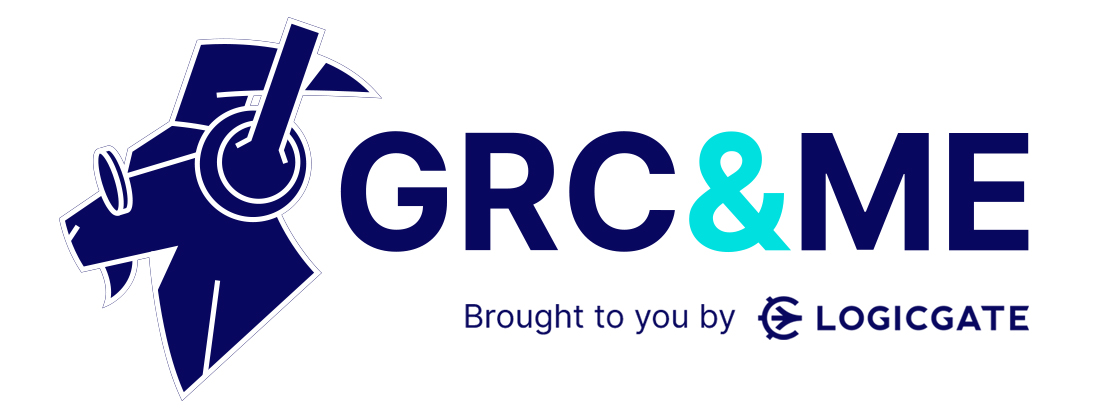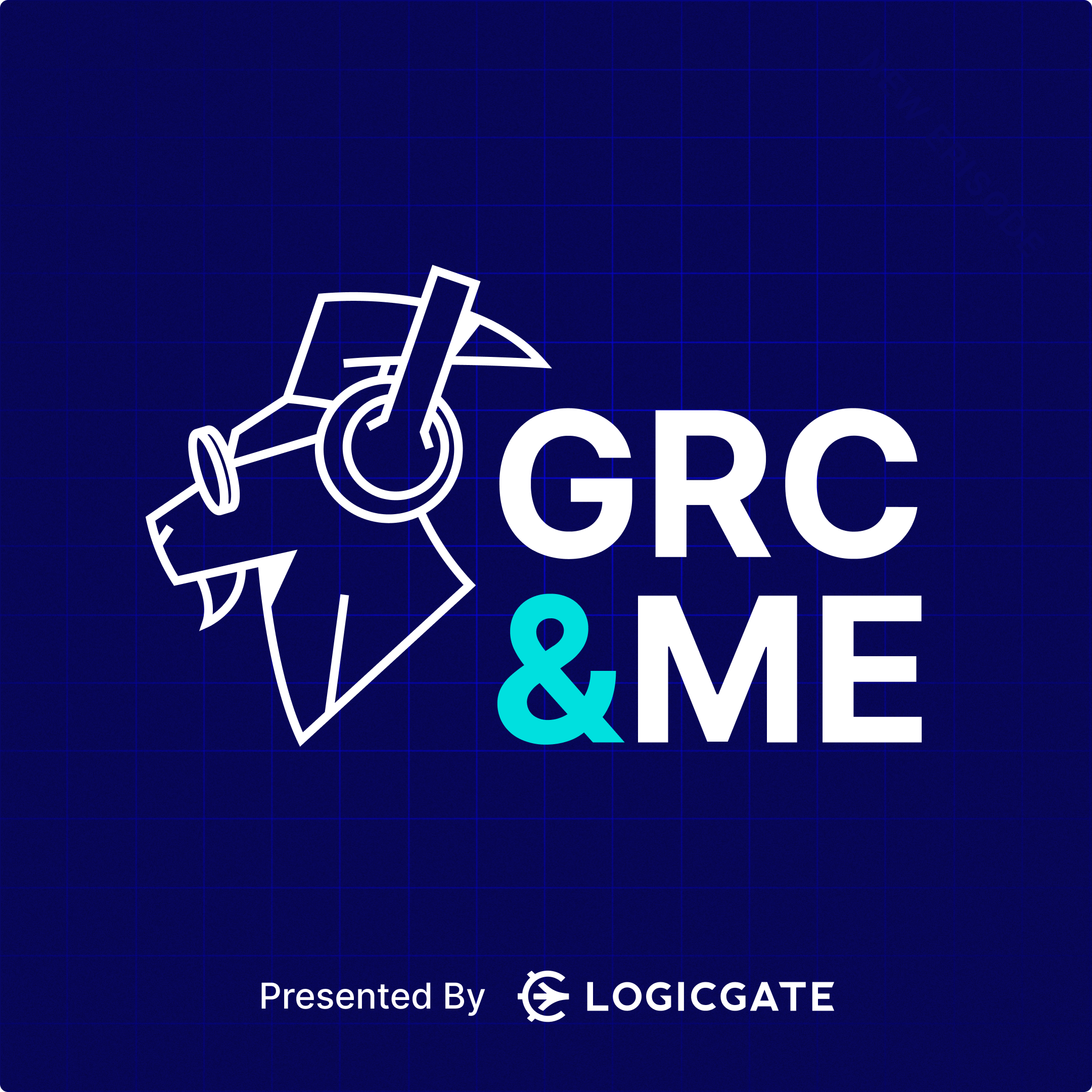About The Show
GRC & Me
When Governance, Risk, and Compliance (GRC) issues are in the headlines, it’s usually a bad thing. It’s only when a major data breach happens, or a company runs afoul of some regulation, that these important responsibilities get their time in the limelight. GRC & Me is here to shine a light on those individuals tasked with safeguarding their employers’ information and integrity, day in and day out. Tune in every other week as host Megan (Phee) Brown, Director of International Sales at LogicGate, and her guests explore the issues and ideas that give shape to these interconnected functions. Just as GRC touches many parts of a business, so too will the podcast delve into a wide array of concerns—from current events and modern methodologies to cultural nuances and game-changing developments. Join us and learn why GRC is so critical to the future of any organization, where the industry has been—and where it’s going.

